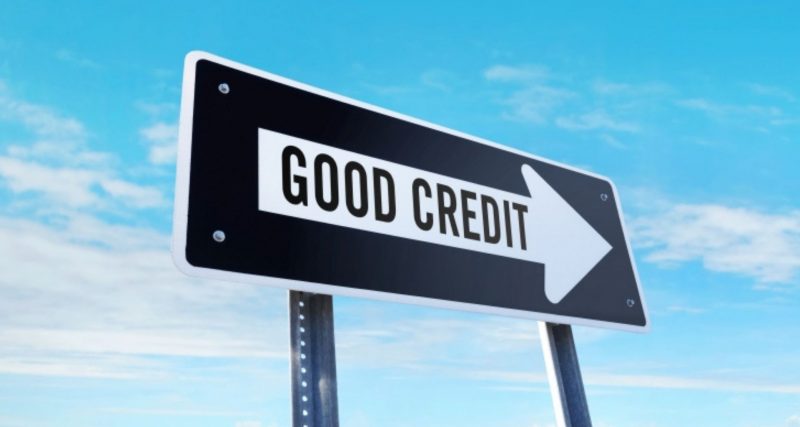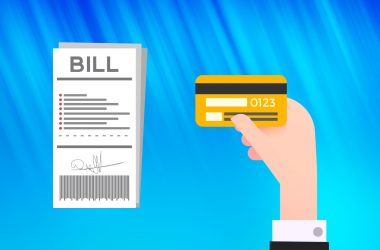On this page Show
Credit score is the most important indicator when it comes to your lending experience. Banks, NBFCs, and other financial institutions use it as the lever to base your applications, interest rates, and offerings. Essentially, 4 major ranking factors affect your score. We list out these ranking factors and answer the most asked questions about them.
1. Credit Utilization
What is credit utilization? How do you calculate the credit utilization ratio?
Credit utilization is the amount of credit used compared to the credit limit approved by the credit card issuer. The credit utilization ratio is calculated by dividing your monthly credit usage by your credit limit. For example, if you spend Rs 50,000 out of a credit limit of Rs 1,00,000, your credit utilization ratio is 50%. Here you can also, check multiple credit cards & how to build credit score.
How much does credit utilization affect your credit score?
Credit utilization is one of the most important factors that influence your credit score, for good or for bad. While the weightage by which it affects your credit score varies from the credit card holder to holder, it is believed that it can impact up to 30% of your credit score. This could be less in certain cases, depending on the scoring model used.
What credit utilization ratio is considered ‘good’?
Anything below 30% of your credit limit is considered to be a good credit utilization ratio. For example, if your credit limit is Rs 1,00,000, spending Rs 30,000 per month, and repaying in time, should help boost your credit score.
Does credit utilization matter per card or on the overall account?
Technically, both. In case you possess more than 1 credit card, your credit utilization ratio matters per credit card as well as on the overall account. Simply, then, the ratio becomes your total spending across credit cards divided by the sum of all credit limits.
For example, if you have 1 card with a Rs 1,00,000 credit limit and the 2nd one with Rs 50,000, you have a total credit limit of Rs 1,50,000 on your account. The amount you spend across both cards also matters.
How can you lower your credit utilization?
- Keep a track of your expenditure – try not to go over the 30% sweet spot each month
- Request for credit limit upgrade – ask your bank for a limit upgrade. This way you can spend more while keeping the ratio intact
- Pay your bill earlier – If possible, pay some part of the lent amount before the bill arrives. This way your credit utilization goes up
2. Payment Pattern
How is your payment history tracked?
Credit score bureaus are aware of all pending payments on all cards registered in your name. In case of delayed payment, the company tracks your record and factors it into your credit score. Banks see this as a big red flag while issuing credit cards and loans.
How much does your payment pattern affect your credit score?
Your payment pattern is one of the most important factors that influence your credit score, for good or for bad. While the weightage by which it affects your credit score varies from the credit card holder to holder, it is believed that it can impact up to a substantial 35% of your credit score. This could be less in certain cases, depending on the scoring model used.
What is the last day to make a bill payment to avoid interest charges or penalties?
Usually, credit card issuers offer about 15-20 days of interest-free repayment period after sending out monthly bills. This period varies from bank to bank; you are notified of the last date of payment. In case you miss this date, you will be subject to a delayed payment charge and interest charges among other penalties.
How many delayed payments are fine?
Ideally, none. Even 1 delayed payment can hinder your access to certain credit cards and loans, as banks take these seriously.
Can you recover your credit score in case you have a lot of delayed payments?
In case you have had a lot of instances where your payments were not made in time, there can be a significant hit to your credit score. Banks might refuse or even cancel your credit cards. However, you can potentially recover the credit score only if you regularly make on-time payments for a period of 12-24 months after defaulting.
How to avoid delayed payments?
Pay your credit card bill the day it hits your inbox. Nowadays, certain apps also have alerts in place to remind you of your due date. So, there really is no excuse to not pay on time.
3. Credit History
What is credit history?
Credit history is how long your credit card accounts have been open. As a general rule of thumb, the older your account, the better it is for your credit score. The credit history is for your overall account, and not specifically for a card.
How much does credit history affect your credit score?
Credit utilization is one of the most important factors that influence your credit score, for good or for bad. While the weightage by which it affects your credit score varies from the credit card holder to holder, it is believed that it can impact up to 15% of your credit score. This could be less in certain cases, depending on the scoring model used.
How to maintain a strong credit history?
The best way to maintain your credit history is by not closing older credit card accounts. Instead, keep them open even if you are not too actively utilizing them. Another way to maintain credit history is to not close accounts opened recently. In case you are applying for and getting a new credit card, make sure you have it with you for a period of at least 18-24 months.
4. New Inquiries
What is a new inquiry? When is it counted?
A new inquiry is when you apply for a new credit card or loan through an aggregator or issuer (bank). Whenever you submit your details and/or documents, an inquiry to the credit score bureau is made. Every such instance is counted.
How much do new inquiries affect your credit score?
Fortunately enough, they don’t affect the credit score by much unless you don’t overuse them. They ideally can impact about 10% of the credit score. This could be less in certain cases, depending on the scoring model used.
Is the impact on credit score temporary?
In most cases, yes. Inquiries usually impact your credit score instantly but the effect wears off if you go a long period without making any new inquiries. So, the key is to not apply for any new cards or loans in case you have been filling a lot of applications lately.
How to avoid new inquiries?
The answer is in moderation. Apply and enquire for only the credit cards and loans you genuinely want. In genuine cases, they shouldn’t be more than 2-3 in a quarter. Anything more than that raises red flags for the credit bureau, which can display this in your credit score.





